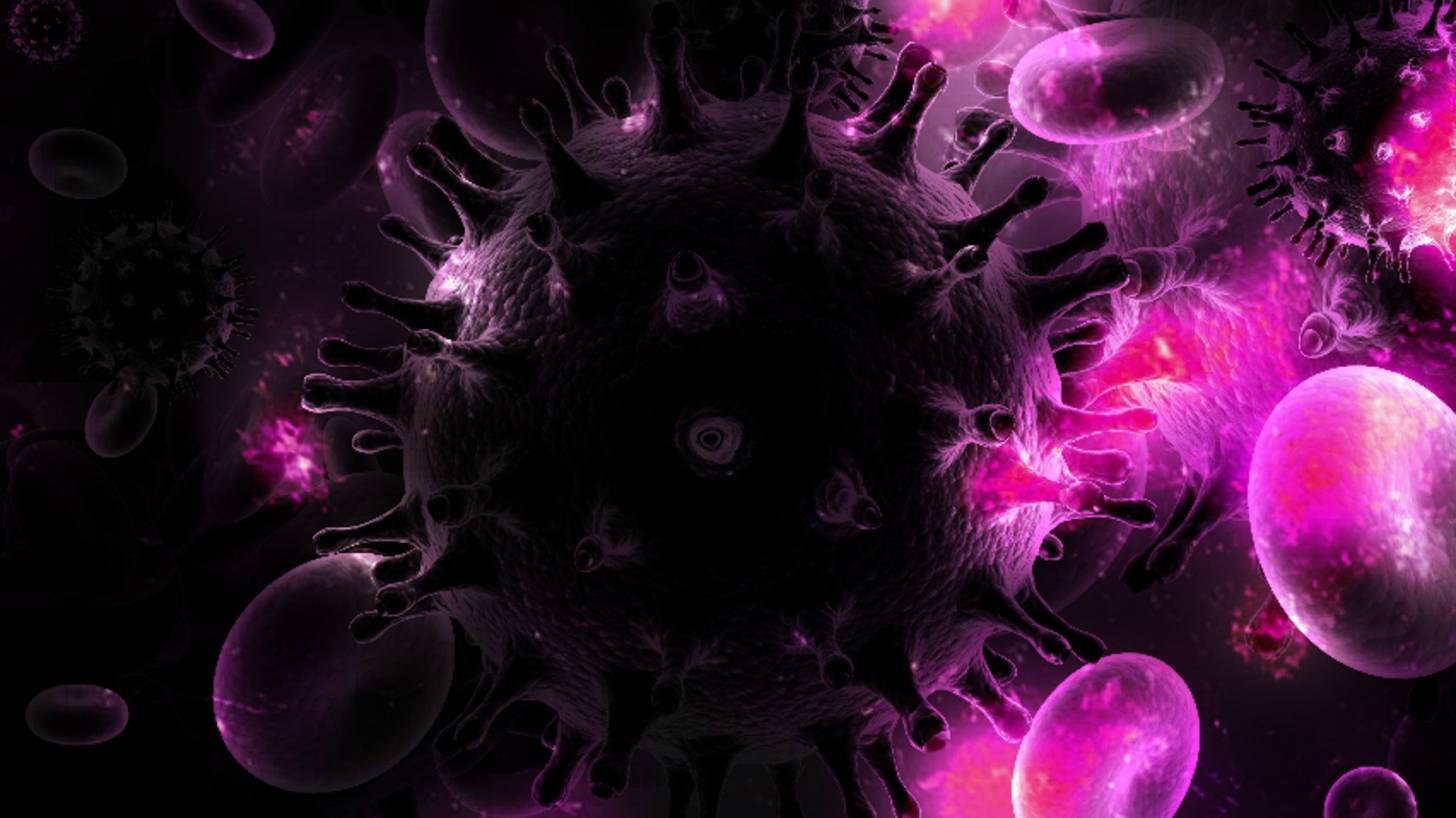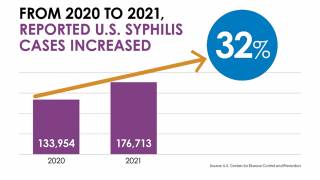Germline-Targeting Approach Defined for HIV Vaccine

A collaborative team of scientists has made a successful proof-of-principle demonstration of an advanced Human Immunodeficiency (HIV) vaccine strategy.
This innovative approach may also protect people from an array of infectious diseases.
The new vaccine strategy centers on stimulating the immune system to produce broadly neutralizing antibodies (bnAbs) against HIV, said these researchers in an October 31, 2019, press release.
These special antibodies are capable of neutralizing many different strains of the fast-mutating virus by binding to important yet difficult-to-access regions of the virus surface that doesn’t vary much from strain to strain.
Based on a concept called "germline targeting," this novel strategy could potentially provide protection against the millions of different strains of the virus circulating globally.
Achieving this goal has so far been elusive.
No HIV vaccine candidate has ever been shown to induce a protective bnAb response in humans.
A vaccine that elicits such antibodies could save many millions of lives and billions of dollars--and ultimately, may help eliminate HIV as a significant public health problem.
"I believe that we need a germline-targeting strategy to develop an effective vaccine against HIV, and the same type of strategy may be helpful for making vaccines against many other difficult pathogens," says the study's co-senior author William Schief, Ph.D., a professor in the Department of Immunology and Microbiology at Scripps Research.
This study drew scientists from diverse backgrounds and areas of expertise: co-senior authors are Scripps Research's Schief, Facundo Batista, Ph.D., chief scientific officer at the Ragon Institute, and Shane Crotty, Ph.D., a professor in the Vaccine Discovery Division at La Jolla Institute for Immunology.
The germline-targeting approach is meant to launch the production of the desired bnAb by stimulating the right antibody-producing cells. Antibodies are produced by immune cells called B cells, which start out in a "naïve" or "germline" state.
A large repertoire of these germline B cells circulates in the blood and other tissues.
In a viral infection--or after immunization with a vaccine that mimics an infecting virus--some germline B cells will bind at least weakly to structures on the surface of the virus. That will stimulate the cells to begin a weeks-long maturation process, in which the antibodies continuously improve in their ability to bind to the surface, thereby neutralizing the virus.
The germline-targeting strategy for an HIV vaccine aims to stimulate the small number of germline B cells that are capable of maturing into cells that make bnAbs.
Researchers suspect that other attempts to create an HIV vaccine that elicits bnAbs have failed because they haven't stimulated a sufficient number of these "bnAb precursor" germline B cells.
Dr. Schief and colleagues previously demonstrated a germline-targeting strategy for one special case: a bnAb that grabs hold of HIV in an unusual way.
The new approach is more powerful because it works for antibodies that grip their targets via a much more common mechanism.
Furthermore, analyses performed in the study indicate that the approach can likely also be applied to vaccines for many other difficult pathogens such as influenza, dengue virus, Zika virus, hepatitis C and malaria.
The results of this study suggest that the team's immunogens can work as an initial priming stage in a multi-stage vaccine aimed at eliciting BG18 and closely related bnAbs.
The research team now plans to develop immunogens for subsequent vaccine stages that will "shepherd" the antibody response to bnAbs. They envision an eventual HIV vaccine that combines several of these efforts to elicit multiple types of bnAbs against HIV.
Support for the research was provided by the National Institute of Allergy and Infectious Diseases (UM1 Al100663, UM1 AI144462), the Ragon Institute, IAVI, and the Bill and Melinda Gates Foundation.
HIV Vaccine news is published by Precision Vaccinations
Our Trust Standards: Medical Advisory Committee


























